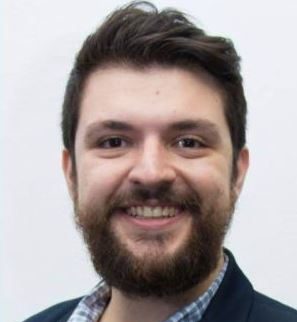
Spectrum Management for Mobile Telecommunications – MWC Barcelona 2024
Overview
This course considers the history and technical evolution of mobile telecommunications before moving on to cover the core functions of the spectrum manager. Participants will learn about how spectrum is used, the characteristics of spectrum bands and the progression of mobile technologies.
The course also covers the principles of spectrum planning at national and international levels and includes a deep dive into spectrum licensing and an overview of regulatory issues related to spectrum.
Course Objectives
- Understand the processes and approaches to spectrum allocation and licensing.
- Learn how spectrum management is changing in the ever-evolving communications sector.
- Understand how the concepts can be applied to the spectrum conditions in your own country.
Course Enrolment Criteria
This course is open to:
- Regulators
- Policymakers
- Representatives from academia and international organisations working on regulatory or policy issues
We cannot accept individuals working in the private sector or those not involved in policy or regulation.
Course Completion Certificates
All of our courses are certified by the United Kingdom Telecoms Academy (UKTA) and can be used as evidence of professional development.
To qualify for a course completion certificate, you must fill out the course survey.
If you have any special needs regarding this training course, please us let us know via our contact form so we can get in touch to discuss how your needs can be met.
Enrol on this course
